Taiwan IP Office Adjusts Guidelines for Parallel Filing
Effective July 1st 2022, the Taiwan Intellectual Property Office has ordered some changes to the Patent Examination Guidelines. Concerning parallel filing, there were some questions as to how the IP Office should handle a pending invention patent application if, in the meantime, the granted utility model that covers the same subject matter is invalidated. First of all, it should be noted that filing an invention patent application and a utility model application on the same day, by the same applicant and for the same subject matter, is a commonplace and practical strategy for getting early protection of an invention. Utility models, giving protection of the shape and structure of an article, aren’t examined substantively, so they will be granted protection within just a few months. On the other hand, the examination of an invention application for the same subject matter will take longer. That could take up to one year or so, and if the invention patent application is allowed, the applicant can then opt for either the allowed invention application or the already granted utility model. If the former is chosen, the utility model rights will be extinguished. With the new guidelines, the procedure about how to deal with parallel filings when the granted utility model is invalidated has now been decided upon. Now, the validity of an invention patent application must remain consistent with the validity of the granted utility model. If the utility model invalidation is appealed, the examination of the invention patent application should be suspended during that process. The applicant does, however, have the right to make amendments to the invention application such that it is substantively different from the utility model claim. In that case, the examination of the invention application can continue.
TIPO Releases IPR Statistics for the First Half of 2022
In the first 6 months of 2022, the Taiwan Intellectual Property Office received 34,753 patent applications for invention, utility model, and design patents, marking a 1% decrease from the same period last year. TSMC ranked first among resident applicants with 1,163 cases, while Applied Materials ranked first among non-resident applicants with 438 cases. The number of invention patent applications (24,316 cases), accounting for the majority of all patent applications received by TIPO, saw an increase of 2%. This was due to an increase in applications from large enterprises both resident and non-resident. Besides TSMC, the other top resident applicants were Nanya (249 cases), and Innolux (179 cases). The number of invention patent applications filed by domestic colleges and universities rose by 3% to 840 cases. Regarding non-resident applications, invention patents (14,960 cases) grew by 6% with Japan (6,193 cases) in first place and the U.S. (3,759 cases) in second place. During the same time period, trademark applications grew by 0.4% with a total of 46,578 cases. The number of resident applications (36,449 cases) went up by 4%, while that of non-residents (10,129 cases) was down by 11%. Looking at application classes, resident applicants filed the most applications (7,378 cases) in Class 35 (advertising, business management, retail and wholesale services, etc.), while non-resident applicants took the top spot in Class 9 (computer and technology products).
TIPO Looks at Undisclosed Disclaimers
The Taiwan Intellectual Property Office recently clarified the regulations about undisclosed disclaimers as part of the revisions to the Patent Examination Guidelines. An undisclosed disclaimer is sometimes used when an applicant attempts to overcome a rejection in an Office Action. The new guidelines state that when disclaiming matter voluntarily before the issuance of an Office Action, the applicant shall submit sufficient supplementary prior art documents and supportive statements to the Examiner who has the discretion to determine whether the disclaimer involves new matter. Without supplementary submissions, the disclaimer will be considered as introducing new matter, except for cases in which the prior art information was previously provided in the disclosure as filed.
Taiwan’s NTU Wins Trademark Suit
The Taipei District Court has ordered a cram school to pay National Taiwan University NT6.23 million dollars for trademark infringement. The court ruled against the operator of Taida Cram School in front of Taipei Main Station, and the cram school was ordered to stop using the word “Taida” in Mandarin or English for its name or any other purpose. Besides the abovementioned cram school, NTU has asked dozens of other businesses across Taiwan not to use its name which is trademarked. The Ministry of Economic Affairs had previously rejected the cram school’s application to register the trademark “Taida” on the grounds that the word is an abbreviation for NTU in Mandarin Chinese. NTU began registering its trademarks in 1983, including its school badge and the school’s names in Mandarin and English, and they were all approved by the Intellectual Property Office. The cram school operator said that its registration was approved by the Taipei City Department of Education in 1972, and it also used the name on T-shirts in 2008 without any issue. After the court ruling, the university issued a statement saying that they would inform other infringers to stop using the trademarked name or otherwise they would be taken to court.
China Issues Notice on Accelerating the Launch of More Effective IP Policies to Promote Steady and Healthy Economic Growth
The China National Intellectual Property Administration (CNIPA) has recently announced the above-titled measure to help enterprises out of difficulties through various policies as follows:
- The CNIPA will postpone the collection of annual patent fees.
- Mechanisms to enable priority examination of patents and rapid examination of trademark registrations will be put in place and promoted.
- The IP Protection Centers throughout the country will be tasked with settling disputes efficiently and promptly.
- The Hague Agreement will be publicized and assistance given to those who need it.
- Financial services will be offered to those businesses that can provide IP as pledges.
- Financial support will also be given to SMEs who want to capitalize on their IP.
Due to the economic headwinds being felt globally, it is hoped these measures will help businesses to keep innovating by making the most effective use of their IP resources. From the data released for the January to June 2022 period, it seems that applications for patents, trademarks and other IPRs maintained a stable growth rate. CNIPA received 33,000 PCT international patent applications, and Chinese applicants submitted 353 international design applications via the Hague Agreement. Also, in the same period, Chinese applicants obtained 46,000 patents in foreign countries, which was an increase of 14.1% year-on-year.
China Holds the First Global Geographical Indications Products Expo and Forum on the China-EU Agreement on Geographical Indications
Luzhou City, Sichuan Province recently hosted the abovementioned event which attracted over 600 geographical indication (GI) enterprises from more than 20 countries and regions showcasing more than 1,000 GI products. Investment cooperation in 12 GI products were facilitated and 200 bulk order contracts were signed. As the first Expo of its kind after the China-EU Agreement on Geographical Indications entered into force, the Expo was a significant opportunity for both sides to learn about global GI products. In the year to late June 2022, China has approved a total of 2,493 GI products, certified 6,927 GIs to be registered as collective and certification marks, and authorized about 19,400 market entities to use GI symbols. While China’s GI industry is taking off, Sino-EU cooperation has also attracted attention in this field. China and the EU launched the pilot project of 10+10 mutual recognition of GIs as long ago as 2007 with the Agreement finally being signed in March 2021. Currently, China and the EU have seen a total of 110 Chinese GIs protected in the EU and 134 EU GIs protected in China through separate applications and pilot mutual recognition agreements
IP Rights Boosted in China
Policies that China recently adopted in order to strengthen the protection of intellectual property rights will increase confidence of foreign companies in China. Mei Gechlik, founder and chief executive of the Sinotalks website and an IP industry expert, said that China’s five-year plan on improving IPR protection is substantial enough to improve the state of judicial protection of intellectual property rights as CNIPA rolls out new measures in the interim. One notable development is the development of the intellectual property adjudication guidance system. As part of that development, China’s Supreme People’s Court has issued more than 30 intellectual property-related Guiding Cases over the past decade. Each Guiding Case establishes clear principles about how to apply the various newly-introduced IP laws. In 2021, the Outline of Construction of an IP Powerhouse Country was established, and it sets out targets for China’s IPR system. One aspect of the plan is to improve the protection of designs as well as tangible products in order to follow the international trends in IPR. While the global economy is facing enormous challenges, China is hoping that, by these measures, foreign businesses will feel confident in making further inward investment.


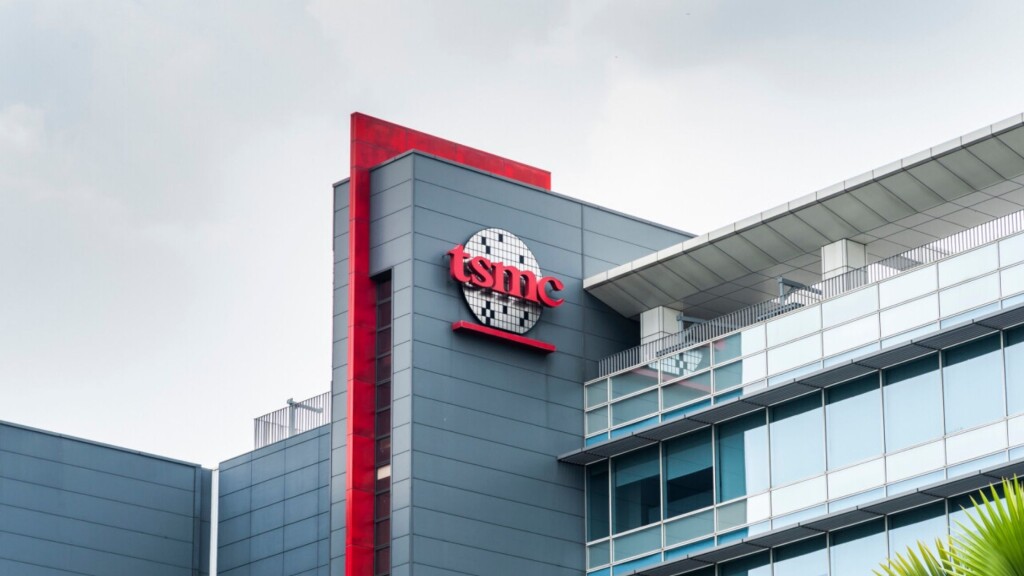


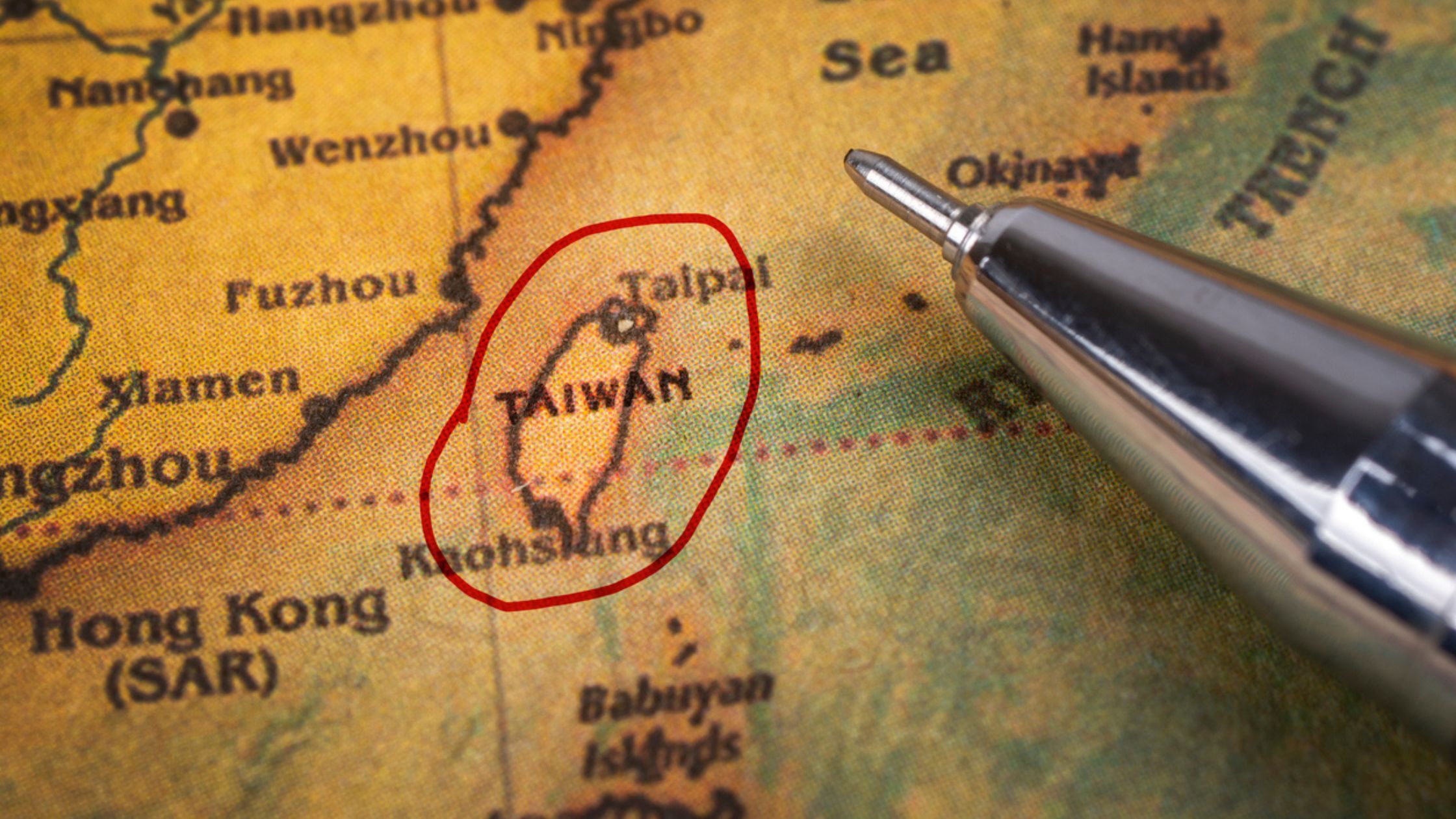
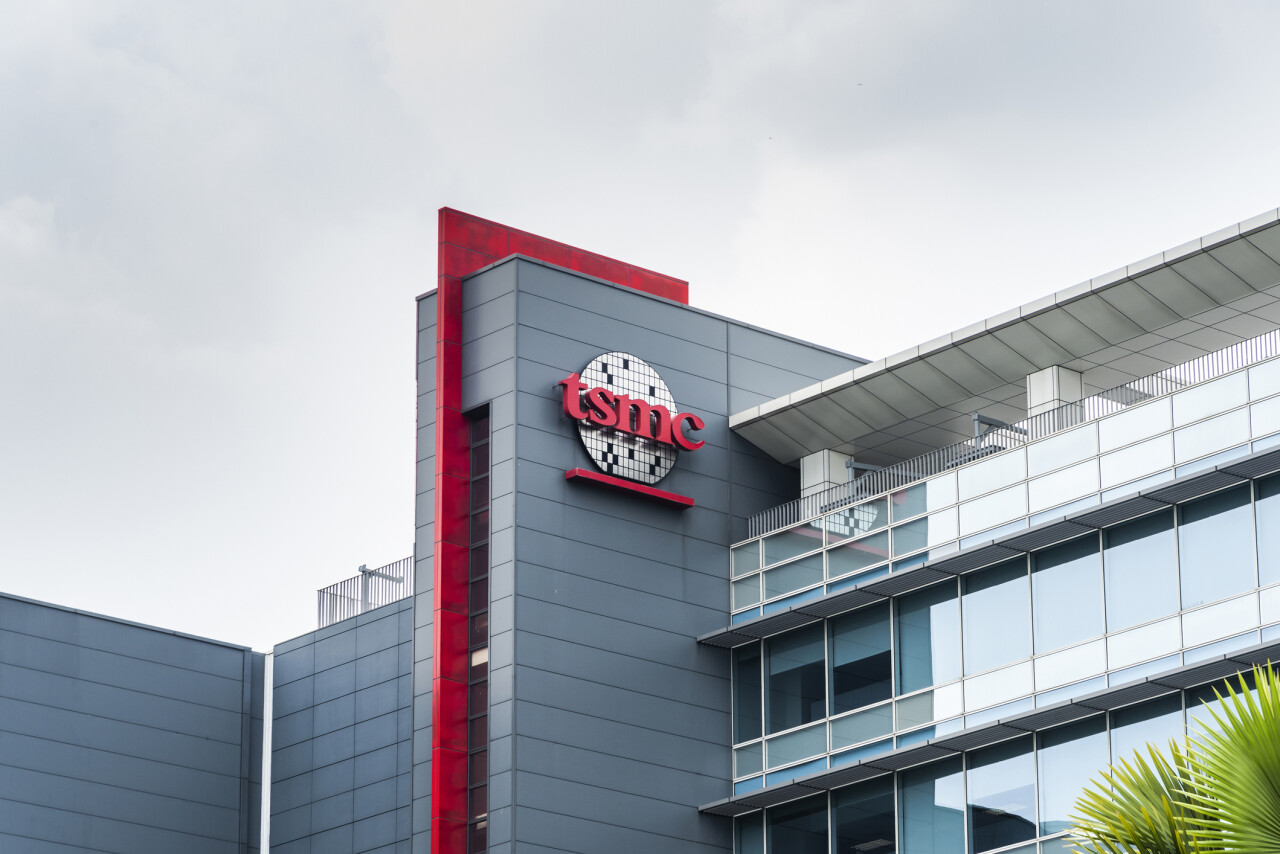






 Deep & Far Attorneys-at-law
Deep & Far Attorneys-at-law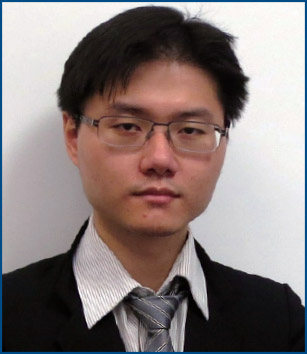 Yu-Li Tsai
Yu-Li Tsai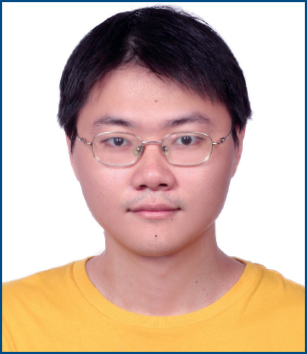 Lu-Fa Tsai
Lu-Fa Tsai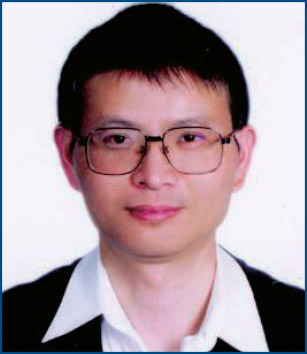 C. F. Tsai
C. F. Tsai







